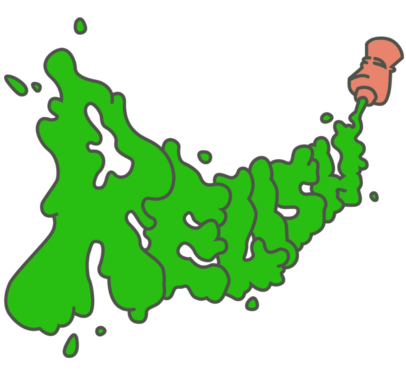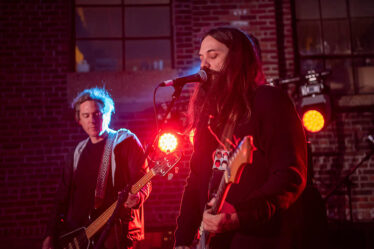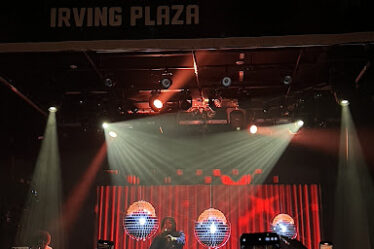
By Ruby Fishman
On September 19th, NYC’s own Music Hall of Williamsburg hosted French jazz-funk group Cortex. It was Cortex’s first time performing in the United States, made all possible by Jazz is Dead, a label started by Hip Hop producer Adrian Younge and a Tribe Called Quest DJ-producer Ali Shaheed Muhammad. While Jazz is Dead collaborates with great musicians and releases jazz-centric albums, the label dedicates their time to appreciate the impact and beauty of jazz. Their founder Younge himself was DJing as an opener, and after playing some Nancy Sinatra and Graham Nash, he said to the audience, “Jazz is Dead is a love letter to all of these luminaries that we have forgotten…We are going to let them know how much we appreciate them.”
Attentive and hanging on to every word, the crowd was eager to experience this once in a lifetime show. Young made sure that they had to “scream like some shit just happened, cry with me like I’m crying with them, because they didn’t realize this shit would happen,” and the audience did just that. Everyone from the mezzanine to the floor and all the way to the back of the sound board erupted into a synchronous cheer full of passionate whistles and screams. Appearing from stage left came 75-year-old “luminary” Alain Mion, the reigning member of Cortex, accompanied by a band composed of vocalist Maevea Borzakian, drummer Cedric Affre, bassist Mohamed Ouraz, and saxophonist Loic Soulat.

At their height, Cortex consisted of Mion, Alain Gandolfi, and Jeff Huttner, who was later replaced by Jean Grevet. They released five albums between 1975 and 2017. Their debut album Troupeau Bleu, “one of the most sought after albums globally for record collectors,” has been sampled at least 142 times to date. Its most significant track, “Huit Octobre 1971,” named after Mion’s wedding anniversary with his late wife, has been used in MF DOOM’s “One Beer,” Tyler, the Creator’s “Odd Toddlers,” and a dozen other hip hop songs.
Tropeau Bleu was performed in its entirety during the show, and when the crowd heard the infamous “Huit Octobre 1971,” everyone enthusiastically sang its intro lyric, a scat line only including the sound “fa.” Although the lyric almost sounds like gibberish, its optimistic vocals provide an exciting preface to some energetic instrumentals. During “L’enfant samba,” the third track off Troupeau Bleu, Soulat teared up his saxophone with such heat that after every time he did it on another track, the audience would go absolutely wild. At one point, Mion asked in his French accent, “Do you want to hear something else?” The crowd immediately responded with a strong “YES!” The musician replied, “We will try,” before playing another one of Troupeau Bleau’s infectiously funky tracks. By the end of the night, Mion and his band left the stage, but the Music Hall of Williamsburg wanted more. The crowd chanted “Cortex, Cortex, Cortex…” until Mion reappeared, heading straight to the piano set in center stage. He played “Mary et Jeff,” a song dedicated to his late wife, starting off slow and sentimental, appreciating the moment of remembrance until picking up the pace through Borzakian’s captivating vocals.
The jazz legend said he had never felt so much love in a room before, and at that moment, Cortex’s impact had finally been embodied in the United States. The ear-to-ear smiles on everyone’s faces in the crowd while the band took their bows showed just how influential jazz can be. The diverse audience even included rapper and chef Action Bronson, who was bopping his head the entirety of the night, and reportedly Tyler the Creator. The hip hop community and jazz lovers of NYC had experienced, in real time, the love and passion that Cortex’s music exudes. Thanks to Jazz is Dead, Cortex’s spirit had taken over Brooklyn, leaving people of all age groups and demographics in awe and wanting for more.



